الاتحاد الاوروبي يشيد بريادة المغرب في النهوض بأجندة المرأة والسلام والامن .. خلال اجتماع بالامم المتحدة طالب الرجال بمزيد من التفاعل مع هموم النساء

- Europe and Arabs
- السبت , 27 سبتمبر 2025 8:14 ص GMT
بروكسل ـ نيويورك : اوروبا والعرب
أشادت كايا كالاس منسقة السياسة الخارجية في الاتحاد الاوروبي ، بريادة المغرب في النهوض بأجندة المرأة والسلام والامن وجاء ذلك كلمتها الافتتاحية في الاجتماع رفيع المستوى حول المرأة والسلام والأمن على هامش الجمعية العامة للأمم المتحدة ووزع بيان اوروبي في بروكسل تضمن نص كلمة المسئولة الاوروبية وجاء فيها " اسمحوا لي أن أبدأ أولاً بتقديم الشكر للمملكة المغربية على ريادتها في النهوض بأجندة المرأة والسلام والأمن.
واسمحوا لي أيضاً أن أشارككم الاحتفال بتمديد خطة عملكم الوطنية بشأن قرار مجلس الأمن رقم 1325.
لن تجدوا من يؤيد عملكم في النهوض بأجندة المرأة والسلام والأمن أكثر حماساً من الاتحاد الأوروبي.
ولهذا السبب، يمكن لأوروبا والمغرب العمل معاً كما نفعل. لقد اجتمعنا مؤخراً في الدار البيضاء لمناقشة كيفية تمكين المرأة العاملة في مجال مكافحة الإرهاب. نتشاطر الهدف نفسه المتمثل في ضمان مشاركة المرأة في إصلاح قطاع الأمن كصانعات قرار، وليس كمستفيدات فحسب. كان من المهم الجمع بين الشرطة والمدعين العامين وأجهزة المخابرات والمجتمع المدني لفهم العقبات بشكل أفضل.
أود أيضًا أن أشيد بقيادة الجهات المشاركة في تنظيم فعالية اليوم:
غواتيمالا من خلال إصلاحاتها القضائية لمعالجة العنف ضد المرأة؛
غانا لسجلها المتميز في المساهمة بقوات حفظ السلام؛
الفلبين لإشراكها المرأة في السلام والأمن في إطار بناء السلام ونظامها التعليمي؛
وفرنسا من خلال سياستها الخارجية النسوية وجهودها في المناصرة في مجلس الأمن.
يهدف الاتحاد الأوروبي إلى ضمان مشاركة المرأة مشاركة كاملة في سياسات الدفاع والأمن في جميع مراحلها. وهذا جزء من اتفاقيات الأمن والدفاع التي أبرمناها مع ثماني دول، على سبيل المثال.
أحد الأسباب الرئيسية هو أن النساء يواجهن مجموعة كاملة من التحديات المختلفة في النزاعات.
في الحروب، عانت النساء من عواقب وخيمة جراء حرب العدوان الروسية. أنجبن على وقع صفارات الإنذار. وكن ضحايا للعنف الجنسي المرتبط بالنزاعات.
غالبًا ما تكون المنظمات النسائية هي المستجيبة الأولى. ولهذا السبب، من سياسة الاتحاد الأوروبي تعزيزها. ونحن نفعل ذلك في جميع أنحاء العالم، حيث قدّمنا العام الماضي ما يقارب 28 مليون يورو لمنظمات حقوق المرأة في البيئات الهشة والصراعات.
وهناك سبب آخر يتمثل في أن النساء قائدات، ولسن ضحايا فحسب. ففي أوكرانيا، على سبيل المثال، تخدم النساء في القوات المسلحة، ويقدمن المساعدات الإنسانية، ويدعمن الأسر النازحة، ويمثلن صوتًا مؤثرًا في المجتمع المدني. لذلك، يجب أن تكون النساء حاضرات على طاولة نقاش السلام. نحن بحاجة إلى وجهات نظر النساء لتوجيه مسار العدالة الانتقالية والمصالحة وإعادة الإعمار. فبدون ذلك، لن يكون هناك سلام دائم.
أصدقائي الأعزاء،
اسمحوا لي أن أختم كلمتي كما بدأتُ بشكر المغرب على تنظيم هذا الحدث، وعلى جمعنا معًا حول هذا الموضوع المهم. وأشكر الرعاة المشاركين وجميع المشاركين على الالتزام الذي أراه حول الطاولة.
أعتقد أننا جميعًا متفقون على أن هذه الأجندة بحاجة إلى الدفع قدمًا، وأنها بحاجة إلى دمج أفضل في مناقشات مجلس الأمن.
في وقتٍ يشهد تزايدًا في النزاعات الدولية المستمرة منذ الحرب العالمية الثانية، يجب ألا ندع العمل المتعلق بالمرأة في السلام والأمن يضيع سدىً.
على العكس. ينبغي أن يكون تركيزنا على تعزيز دور المرأة في السلام والأمن حادًا.
واسمحوا لي أن أضيف ملاحظة شخصية. كلما شاركتُ في مثل هذه الفعاليات، رأيتُ نساءً يناقشن قضايا المرأة.
المشكلة هي أنه عندما نتحدث عن الضحايا، فإن الأغلبية، الأغلبية الساحقة، وقد حضرتُ العديد من الفعاليات هنا، ويمكنني أن أقول إن النساء لسن الأغلبية.
عندما نتحدث عن السلام والأمن، أو عن النساء في النزاعات، فإن النساء هنّ من يناقشن هذا الأمر، سواءً في البرلمان أو في أي مكان آخر. لكن هؤلاء أخوات وزوجات وبنات رجال.
لذا، ما دام الرجال لا يأخذون هذا الموضوع على محمل الجد، فلن نرى أي تغيير.
كما قال زميلنا من مالي، الرجال هم من يبدأون الحروب.
بالتأكيد نحن بحاجة إلى المزيد من النساء في السياسة، ولكننا بحاجة أيضًا إلى المزيد من الرجال للتفاعل مع هموم النساء.


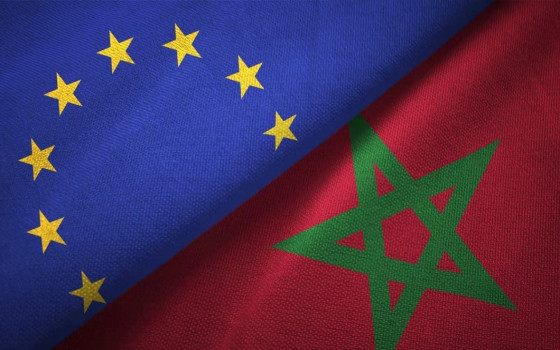
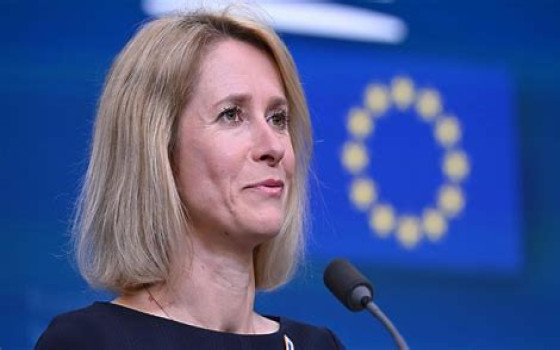
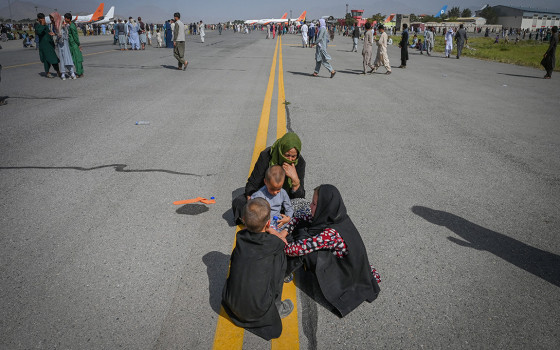
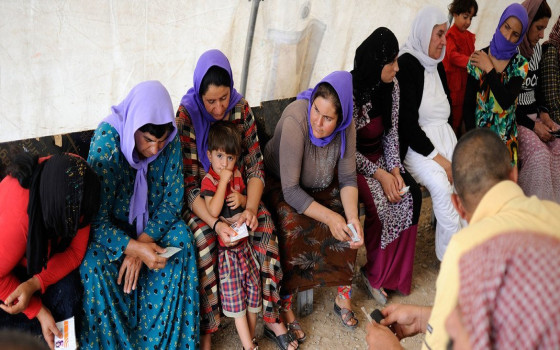
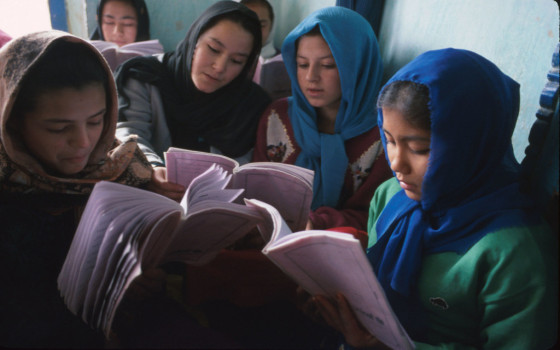
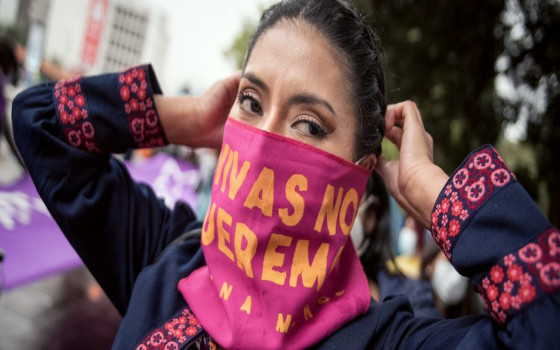
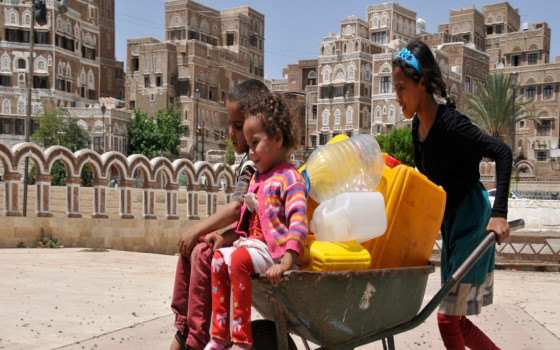
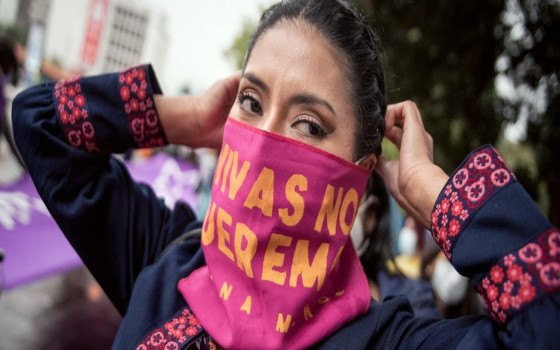
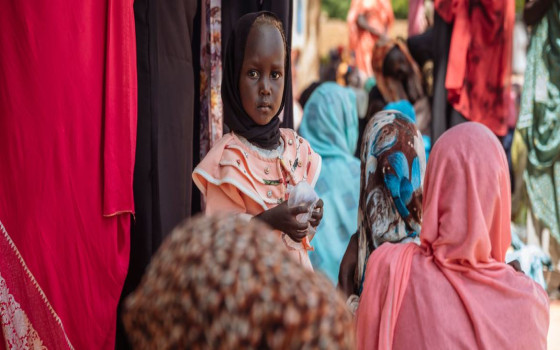
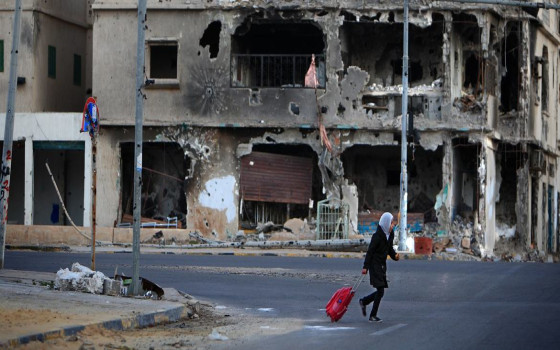
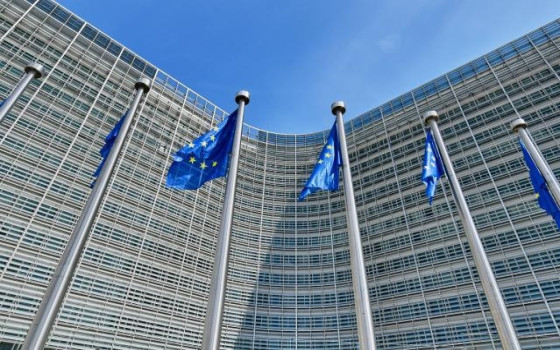
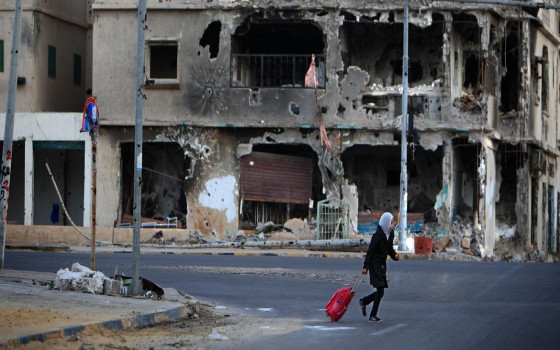
لا يوجد تعليقات